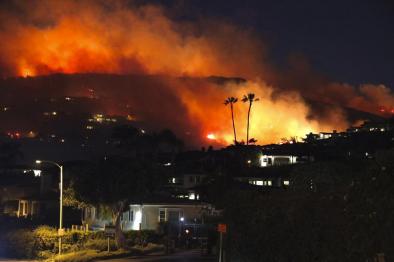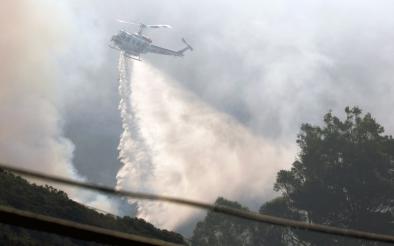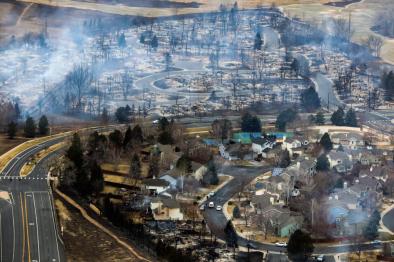Science Source
Phenology as a bio-indicator of climate change impacts on people and ecosystems: towards an integrated national assessment approach
- States phenology the study of the timing seasonal life cycle events in plants and animals (e.g., timing of leafout, blooming, hibernation, migration), is a well-recognized indicator of climate variability and change
- Conducts a review of the recent phenology literature to document regional variation in species’ response to changes in climate and the environment
- Reviews 175 studies and selects 64 studies that covered a variety of taxonomic groups, spanned a range of scales, and that analyzed the relationship between phenological observations and climatic variables
- Reports this peer-reviewed information in a series of short, self-contained regional syntheses that will be periodically updated and used as communication pieces by the USA National Phenology Network
- Introduces a new bioclimatic model for evaluating regional to continental trends in the timing of the onset of spring
- Finds a growing body of research focused on examining trophic mismatch, a phenomenon that can result from differential phenological responses to climate or other cues
- States that—though few studies documented the specific consequences of asynchronous species interactions—most predicted population declines, local extirpations, and the emergence of novel biotic interactions
- Finds most studies documented an advance in timing of springtime phenological events across species in response to climate warming
Related Content
Headline

Feb 11, 2022 | Climate Nexus Hot News
Fires Burn In Hot, Dry Southern California, In February
Headline

Jan 24, 2022 | Reuters
Firefighters gaining control of wildfire that closed scenic California highway
Event

Jan 5, 2022
Marshall Fire December 2021
Headline

Dec 7, 2021 | The Guardian
Winter heatwave breaks records in four US states


